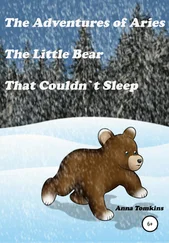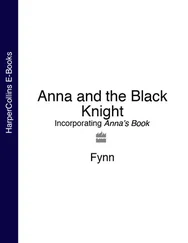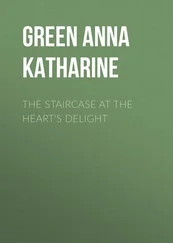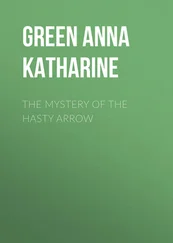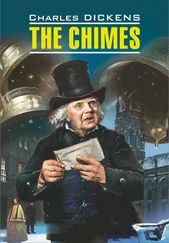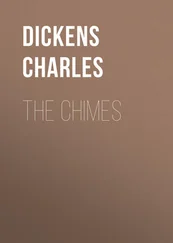I feel her focus slipping away. And something comes to me. The broken plate, the flash when I touched it. It seems a small and uncertain thing, but there is nothing to lose.
‘Maybe I can see others’ memories,’ I tell her. ‘At least, I saw one. A flash when I held it, and memory in her eyes, not mine.’
‘Really?’ She comes close again and studies me again. ‘Really? You’re not teasing Mary?’ She looks around her. ‘Well, then. Let’s see what you can do.’
I wonder at my stupidity. What possible point will this exercise have except to extend the time I spend in this cluttered room? She retrieves a nondescript mettle bowl with a deep lip and brings it back to me.
‘Here, my lovely. Touch it. Don’t be afraid. There’s nothing to be afraid of.’
I shake my head. ‘No, I can’t do that.’
Mary chuckles. The sound is unpleasant. ‘What do you think is going to happen, little fool? That the Order will break in here and take you? Why do you think the law is there anyway? To stop people like me and people like you. Those who can see, and those who might be able to stitch memories back together.’
‘It’s not that. It’s my stomach… I can’t.’ Just thinking about touching another’s memory makes my throat close and my gut clench.
‘Sick? It’s not in your stomach but in your mind, my darling. They’ve gone deep, haven’t they? Chimes almost had you. Thank Moon-eye there for pulling you out. Love goes deeper than hearing, does it not, dearling?’
I pull away in surprise. I look down at myself, pat my clothes. What memory has she touched without my knowing? How did she see what I feel for Lucien?
Her eyes are canny and shrewd and I realise that the nonsense bluster is like the cloak — something to put on or take off.
‘Nothing there gave you away.’ She taps her own face between hooded eyes. ‘It’s all right there. Bright and clear.’ She pauses. ‘For his sake, then.’
She takes my hand in her dry wrinkled one and places it on the mettle bowl. I wait, unsure what to do. I close my eyes. After a long, tacet pause I open them again. I am sitting in the cluttered room filled with moonlight. The old woman crouches wrapped in her cloak next to me.
‘Well?’ she asks. Her voice is eager. ‘What did you see?’
I look at her, the wrinkles, the clawlike hands, and fear fills me. I am not the person in the forecast. I am not the person Lucien thinks me. I am not meant to be here. I wonder if I could make something up, broider a tale to tell her.
‘I didn’t see anything.’
‘Didn’t hear anything either?’
‘No.’
Disappointment crosses her face and disappears.
‘But it takes a while. You have to be patient. You’ve only done it once before, you say?’
‘Yes, but it was only a moment. Maybe I imagined it.’
‘Another one, an easy one.’ She sweeps off again through stacks of memories. I watch her move back and forth between two piles, looking. She locates a mettle urn and holds it up to her eyes and shakes it. Then she empties its contents — old jewellery, coins, chess pieces — and uses a broken wooden peg to pick through. Finally she plucks out something and brings it back to me. I see from the look on her face that wheels are turning in her mind again.
She opens her palm and on it I see a roughmade bracelet. It is gold with a chip of red stone. For some reason it sets up a strange ringing inside me.
‘Here you go, darling. Better to start small.’ She nudges me. ‘London is waking. Daylight is breaking,’ she sings. ‘Ding dong the bells are going to chime. Quick smart now.’
I look at the bracelet and I know I have seen it before. Is that how it starts? I take it obediently, fight the rise of sickness in my throat. I squeeze my fingers tight around it and I push myself into it, into the story of it, the past of it. A small gold bracelet. A tiny dark red stone lit in its band.
A long while passes and I open my hand. I have pressed the bracelet into my hand so hard that it marks red then blue in the flesh of my palms. My fingers are numb. I have failed. But as I release it, I know where I have seen it before. The answer is simple and impossible. My mother had one just like it. A chip of red stone in a light gold setting.
‘It’s my mother’s,’ I say flatly. ‘How did it get here?’
She leans in. Her breath smells of strong tea. ‘Did you see? Did you see? Did you see?’
‘No. I didn’t see . I remembered it,’ I say. ‘Isn’t that enough? My mother used to wear it on Sundays. My father gave it to her. How in hell did it get here?’
‘Then you were right the first time,’ she says, and her face closes. ‘You are not the one after all. Not for the forecast and not to keep my memories.’
I feel angry. I am tired of questions, of being tested. I am sick of the very idea of ransacking memory, which is private and silent and should remain so.
‘It is my mother’s bracelet,’ I say into Mary’s face. I stand up. ‘I’m keeping it.’
‘But you must give it back. It’s not meant for you. I should have never let you touch it. Her husband gave it to me. They were happy. Red was her favourite colour. Red tulips. Red amaryllis.’
‘It’s not yours to remember,’ I say, and I push her away.
‘He wanted her memory to stay alive, and so it will, with me. Go back to London. Be happy with your blind friend while you can. Shut your eyes at Chimes. Keep your memories close.’ She claws the bracelet from me and clasps it to her lips.
‘Take this instead.’ From under her cloak she takes the leather pouch she snatched from me at the door. ‘Take it back with you. I am the last keeper and the guild is gone. Dead. Buried. Long, long ago.’
She pushes it into my hand and I feel the animal texture of the leather, the silent reproach of the Lady.
And as I hold it, something shifts.
A familiar feeling comes into me. Water rising. Darkness rising. Rushing in my ears and a swoop as air and earth change sides. Through the haze I see her staring at me. I feel myself fall and there is nothing I can do to fight. I go down…

I emerge and I am standing in front of a small stone crosshouse next to a wooden hall. It is familiar. It takes me a beat to see why — it’s our village crosshouse in Essex. Where we went every morning for Onestory and every evening for Vespers. But it is different. The wooden wall is unpainted and raw-looking. I can smell pine and the sap bleeds in places from the wood. I search for a way to understand this. It comes to me. The hall is new. It has not yet been weathered by wind or sun. It has just been built. I am inside a memory that is not my own. That occurred before I was born perhaps.
I look around and I am surrounded by people I do not know. The ground in front of the hall is churned-up bare mud, not the grass I remember. The raised beds that my parents donated bulbs for each year are not there.
People are massed around and pushing against each other. There is a low droning sound of voices. It doesn’t rise or fall, but plays a constant thrum, like water at a slow boil. It is a mix of two notes — fear and excitement.
The crowd moves like an animal, forward and back, testing its muscles. They are farmers, tradespeople, ordinary villagers. Their faces are both blank and keen, and I feel their special fear start to move in me. I push forward with the crowd, and when it pushes back, I resist and move through between those in front of me. I move in the smell of mud and sweat and woolfat and rosin. I push through the crowd until I’m breasting the front line. Ahead of the crowd stand a line of men in brown cloaks, a dam against the tide of villagers who are straining to see. The men are members of the Order. Their transverse flutes are slung across their backs with fine cord.
Читать дальше
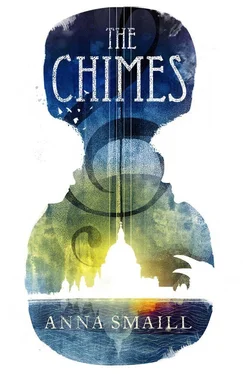


![Чарльз Диккенс - Колокола [The Chimes]](/books/395589/charlz-dikkens-kolokola-the-chimes-thumb.webp)


